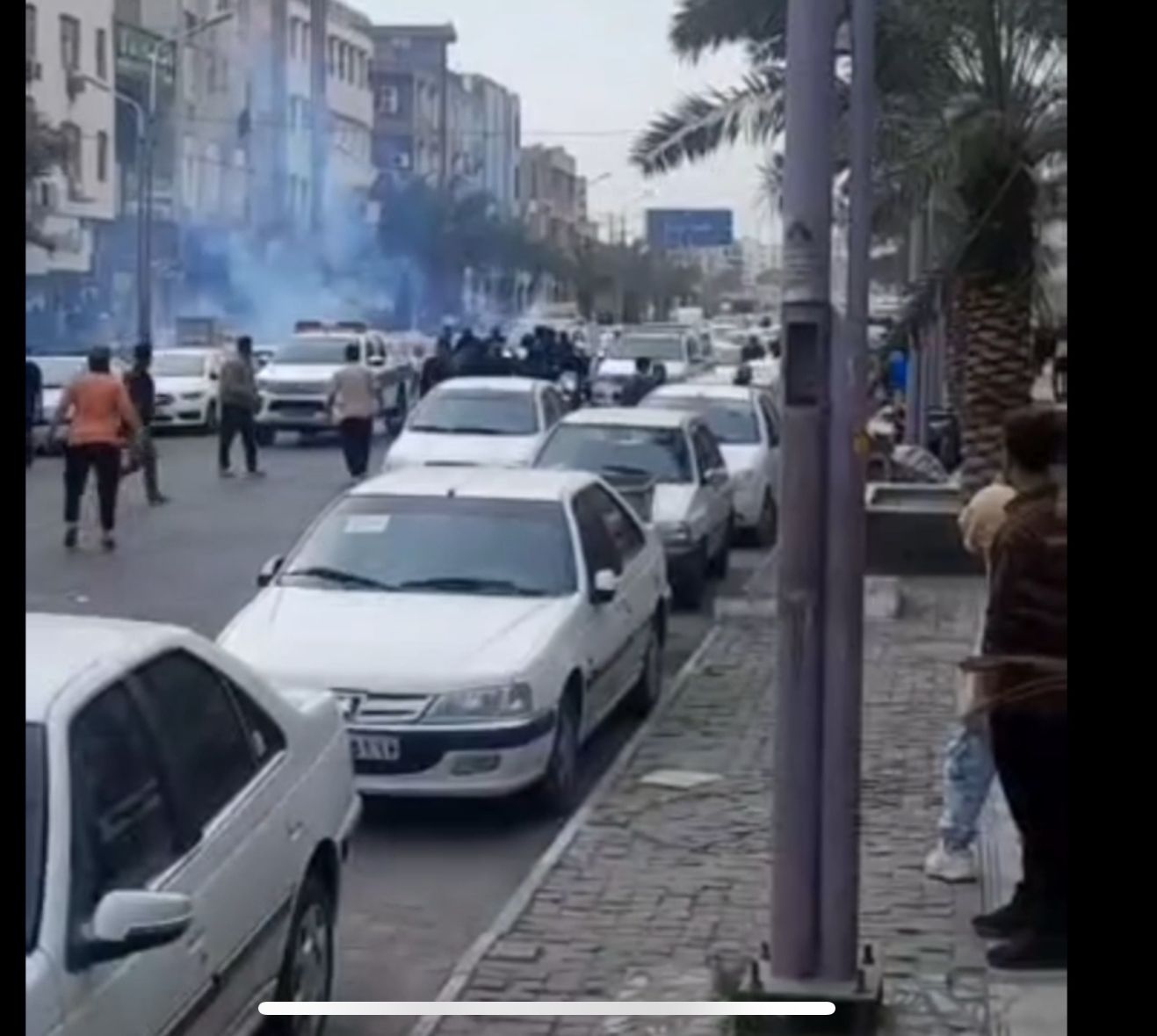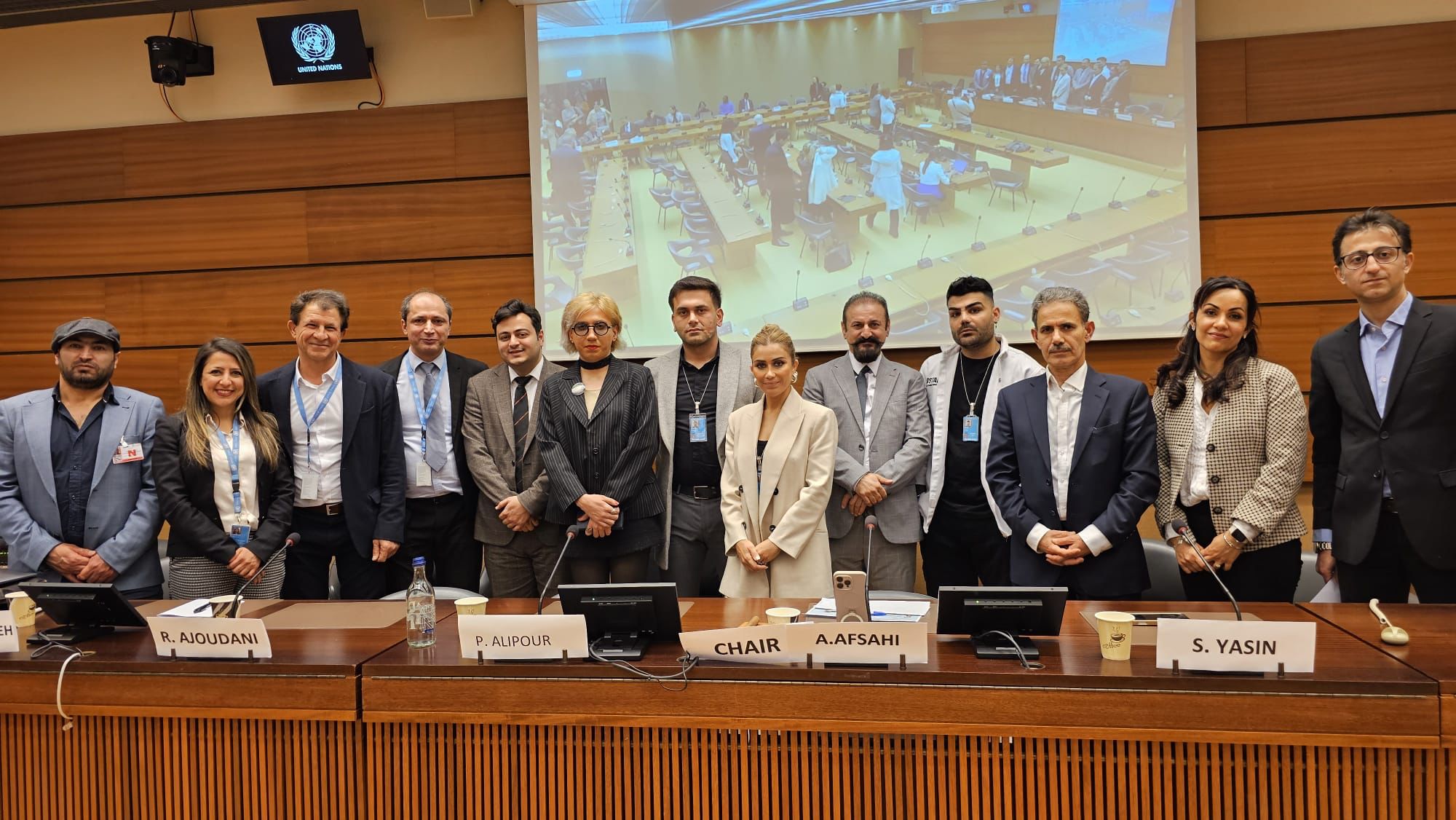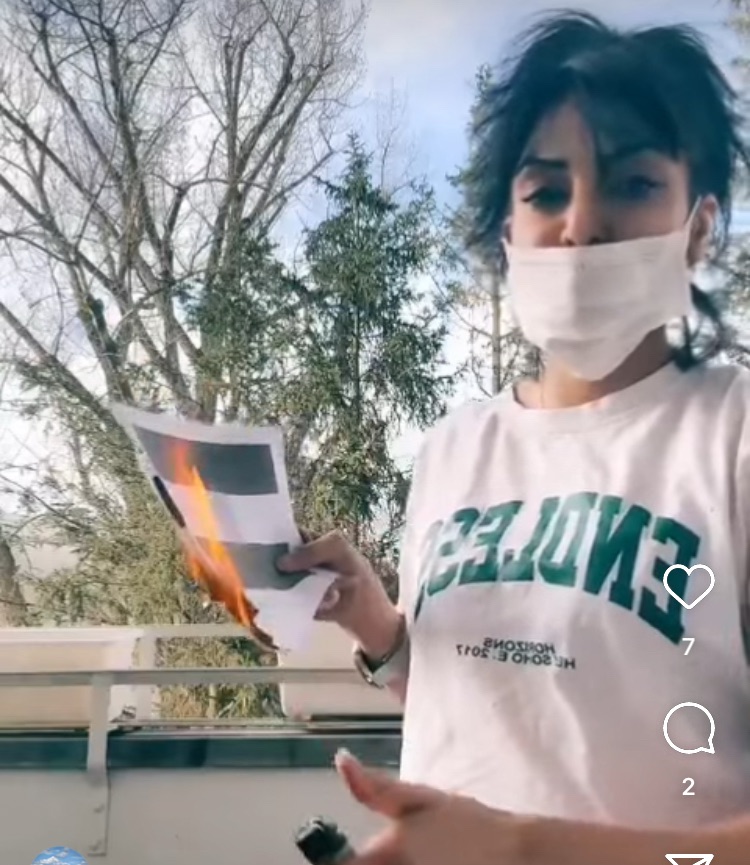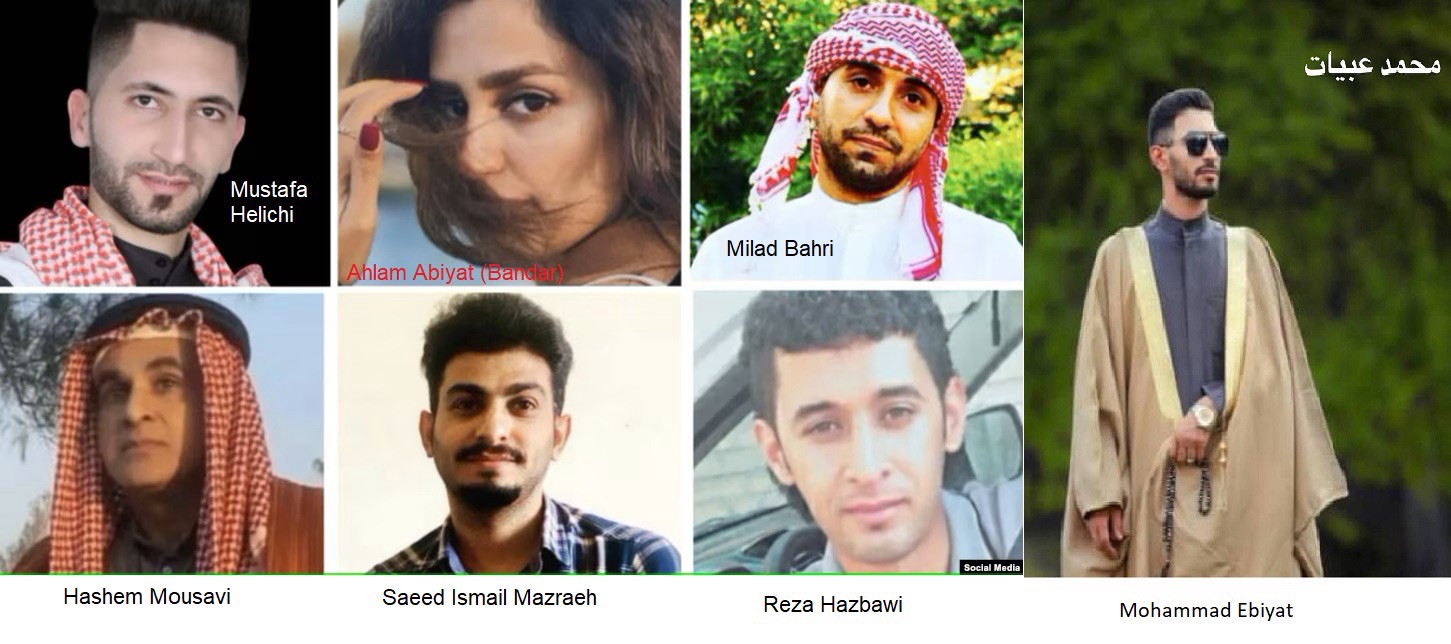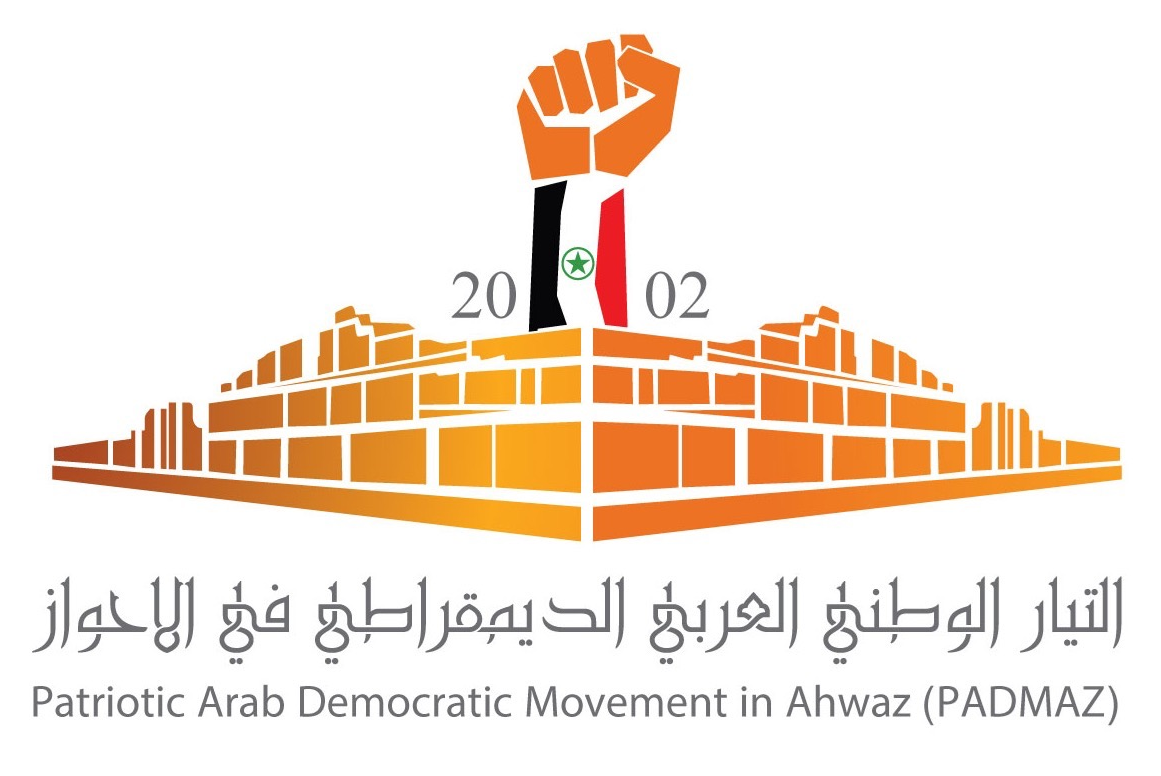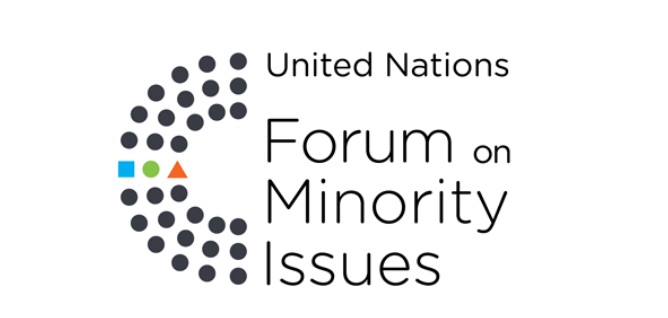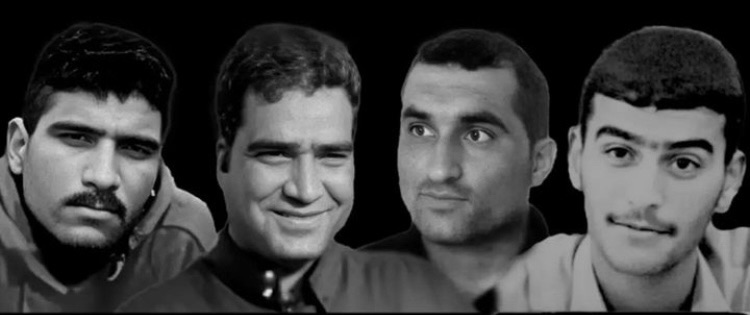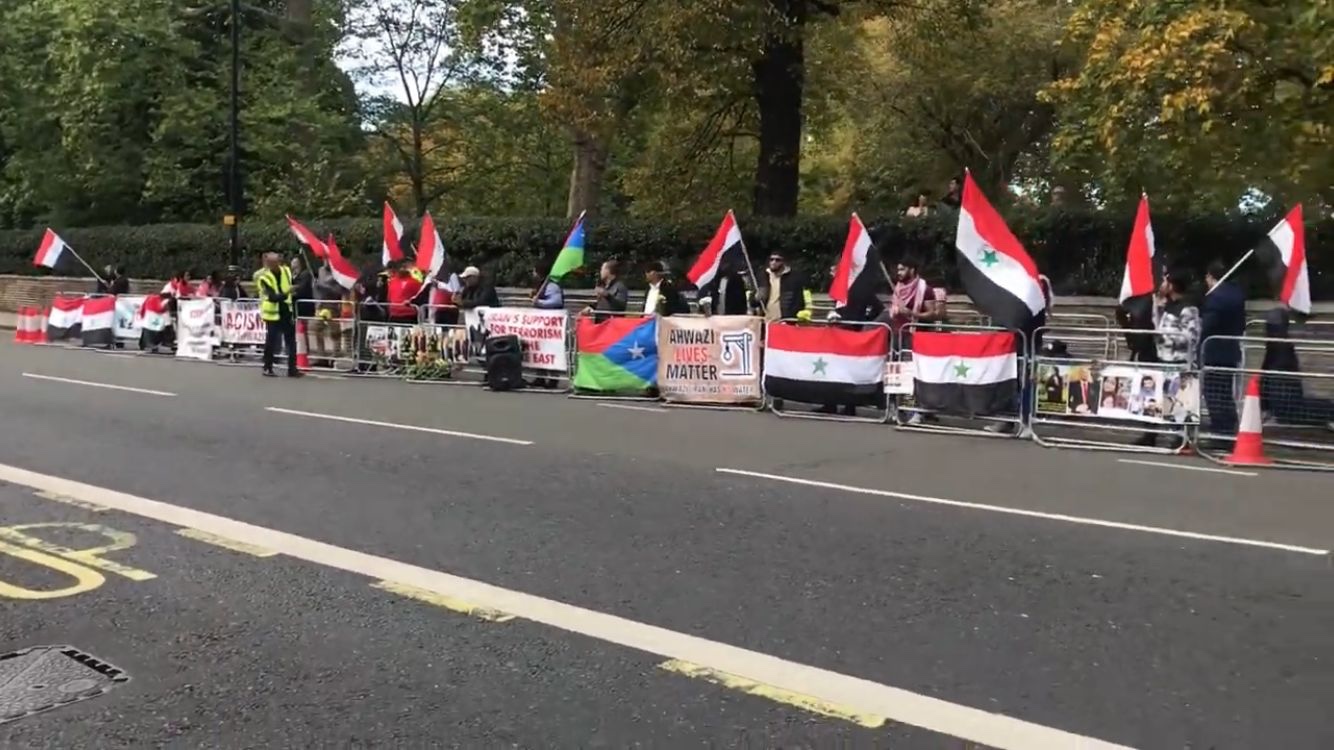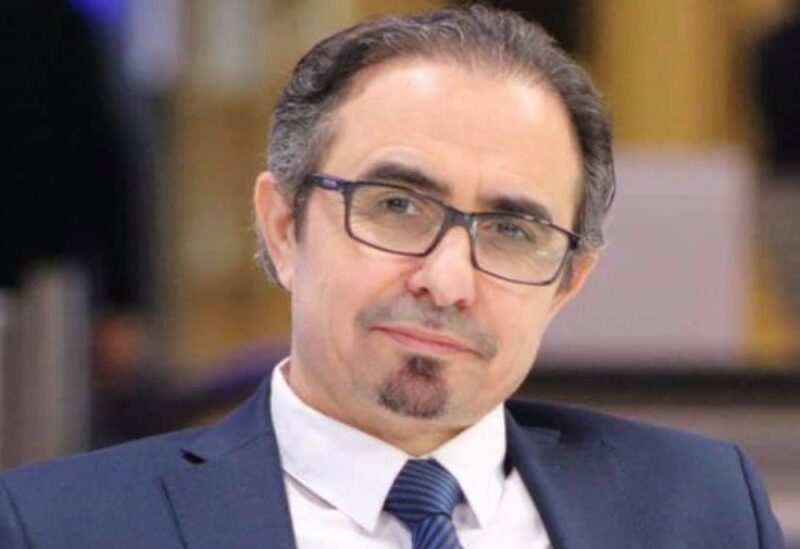UN 9th session on Minorities Issues, 24-25 November 2016
Abdulrahman Heidari (al-Ahwazi) giving speech on behalf on Patriotic Arab Democratic Movement in Ahwaz (PADMAZ) in the 9th UN Forum on Minority held in Geneva on 24-25 Nov 2016
Madam chairperson,
Ladies and Gentlemen,
I am giving my speech today on behalf of PADMAZ. I will focus on the environmental crisis happening in Ahwaz as a consequence of the Iranian Government’s current policies. These have become a serious threat to the indigenous Ahwazi people.
The Iranian regime violates the rights of the Ahwazi people with its policy of dam- and tunnel-building to divert the region’s rivers. The building of over 100 of these structures has resulted in the drying-up of the rivers and marshland. This is an outright violation of international laws with respect to water rights and legislation.
As a result of these policies, the level of water-flow in The Karoun River has decreased from 500 cubic metres per second to 50; a situation in which the flow of dirty drainage-water exceeds the flow of clean water.
Iranian policy has led to the drying-up of the Ahwazi Marshland. The HOR AL-ADIM territory has decreased from 3,500 square kilometres in the 1970’s to less than 200 in 2016.
The people of Ahwaz suffer 200 days of dust-storms per year caused by the drying of the rivers and marshland. The level of dangerous substances in the air is five times the normal level. Thousands of farmers have left their villages because of the drying-up of the rivers and wetlands.
According to The Iranian Statistics Centre, five thousand people die due to the environmental pollution every year. These deaths are directly attributable to the Iranian Government’s policies.
In 2014, 50,000 Ahwazi were hospitalised because of respiratory problems due to the high levels of dust contained in the rainfall. The number of people suffering from cancers and other life-threatening diseases has increased dramatically since the start of the Iranian building projects. According to Shafa Hospital in Ahwaz, the number of children born with birth-defects has also increased as a result of environmental pollution.
Lady President,
This critical situation afflicting our people brings us here today to ask the International Community to help put an end to Ahwaz’s environmental crisis before it kills thousands more people and spreads to neighbouring countries.
We ask the United Nations to:
- Force Iran to allow the rivers of Ahwaz to flow freely and at full capacity.
- Put a halt to Iran’s dam- and tunnel-building projects until they can be monitored by the International Community.
- Guarantee the quantity and consistent flow of water reaching the Ahwazi marshlands to ensure that they regenerate to their original 1970’s levels.
- Hold Iran accountable for using water as a weapon in order to pursue discriminatory demographic changes in Ahwaz.
- Force Tehran to compensate the victims of environmental pollution for loss of life, land, and resources.
Madam Chairperson,
What I have presented here today is just a small fraction of what amounts to a systematic policy to eradicate the Ahwazi nation. This requires urgent action from the International Community. We strongly suggest the appointment of an investigative- and monitoring committee by the United Nations.
Thank you for giving me the opportunity to raise part of Ahwazi people issues
Abdulrahman Heidari (PADMAZ Representative)

